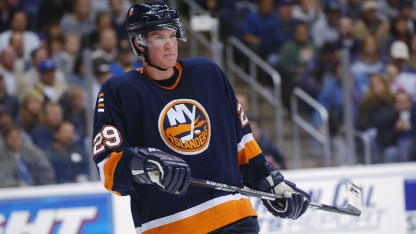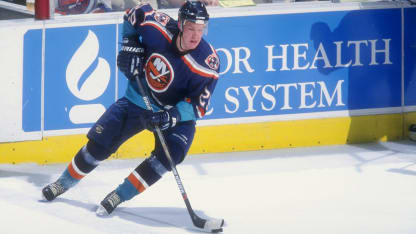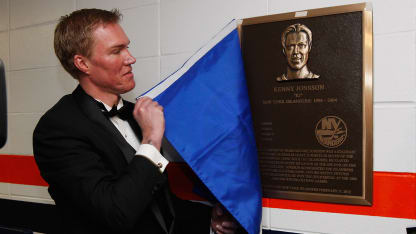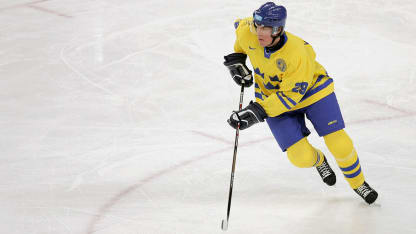Playing in Sweden's second division meant less money, not to mention the risk he'd lose his spot on the national team, but Jonsson felt it was the right thing to do. It worked out, as Jonsson kept his spot on the national team and helped them win Gold again in 2006. In fact, Jonsson was named best defenseman of the tournament - an amazing accomplishment in light of the fact that he was not only competing against the best players in the world, but especially because he had been playing a few notches below NHL-level for the prior year. Two years later Jonsson helped his local team move up to the SHL, Sweden's top league.
"For Swedes, that's like winning the Stanley Cup," he explained.
In 2008-2009, the year after his team moved up to the SHL, Jonsson retired. He was 34, and had just captained Sweden to a Bronze medal in the IIHF World Championships. People were shocked, but Jonsson knew it was time.
ALUMNI CORNER: MARIUSZ CZERKAWSKI
"I lost my motivation to practice - playing hard every night, putting in all the hours, summers like winters, airplanes, bus rides, punishment to my body," Jonsson said. "I was done. I had 19 full seasons of beautiful hockey."
But he hasn't regretted his decision. He helped coach his 17 year-old son's team for a while. His son Axel is a goalie, so Jonsson focused his attention on teaching the defensemen how to back each other up, force the opposition into bad angle shots, limit rebounds, etc. Not surprisingly, Axel is a big fan of the Rangers' Henrik Lundqvist, which ruffles his dad's feathers a bit.
"We have a little cat fight at home when the Rangers play the Islanders," he said.






















